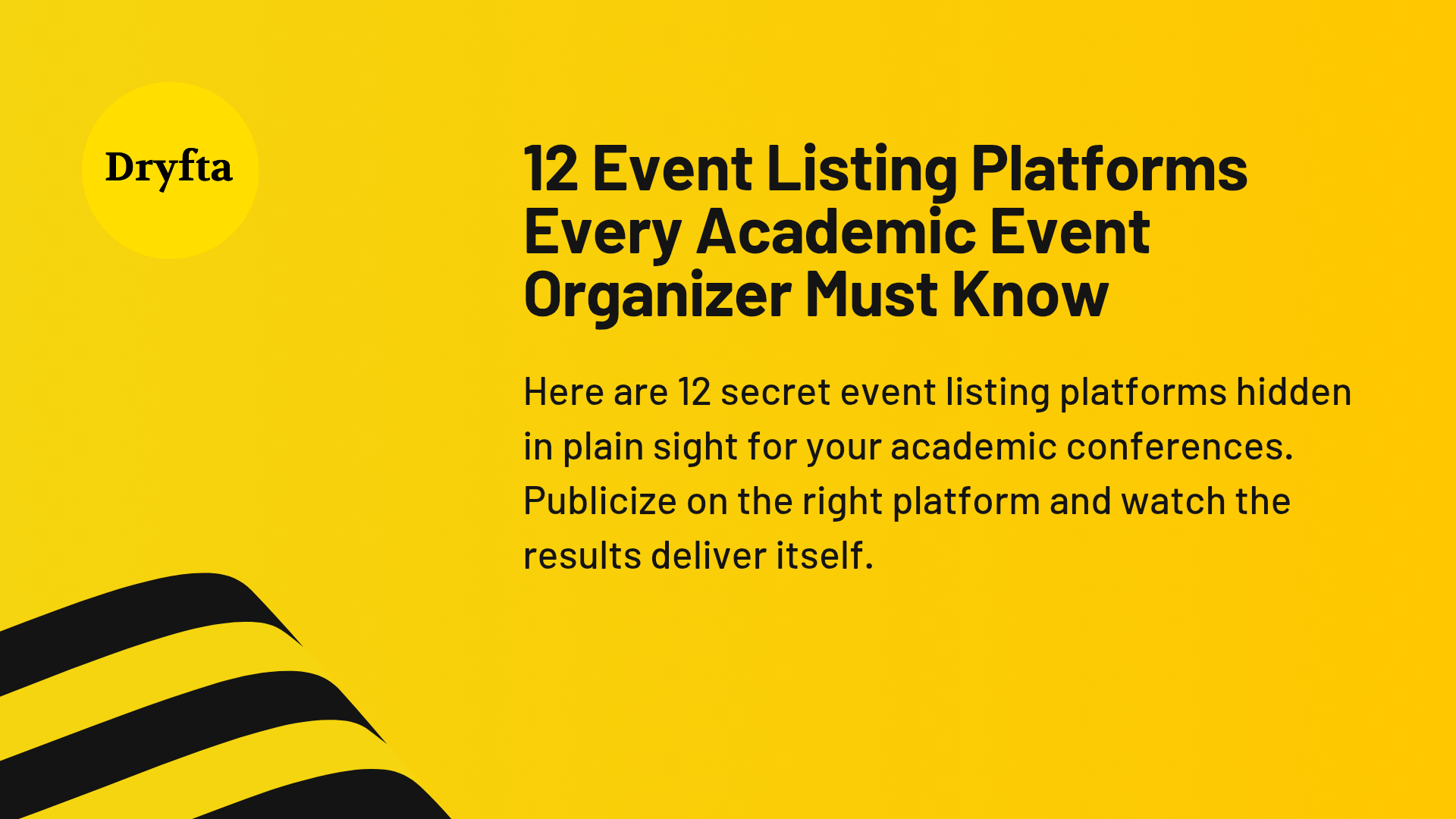
It takes blood, sweat and tears to plan and put together a full-scale event or academic conference. The latter is all the more herculean given the nature of it: abstract submissions, their subsequent reviewing and publication for viewing. Just when event planners heave a sigh of relief post-planning, the task of advertising and marketing the conference takes them right back to the grindstone.
Having poured months into scouting venues, locking in speakers and handling logistics down to the tiniest detail, you are then confronted with this singular truth that is rather hard to acknowledge: if nobody knows your event exists, all that effort means virtually nothing on the D-day. It is a lot like throwing a party where the invitations never got sent, and therefore, no one shows up.
Perhaps, you are making your event as widely known as you can. You’re sending cold emails, updating your LinkedIn and tweeting on X. However, the engagement is still meagre. And registrations are almost nil. This is a tough reality to face, and it is common to feel disheartened. This is essentially where the below-mentioned 12 event listing platforms come to your rescue. These event listing platforms come in the clutch and help you reach out to audiences that are actively hunting for academic events like yours.
1. Eventbrite
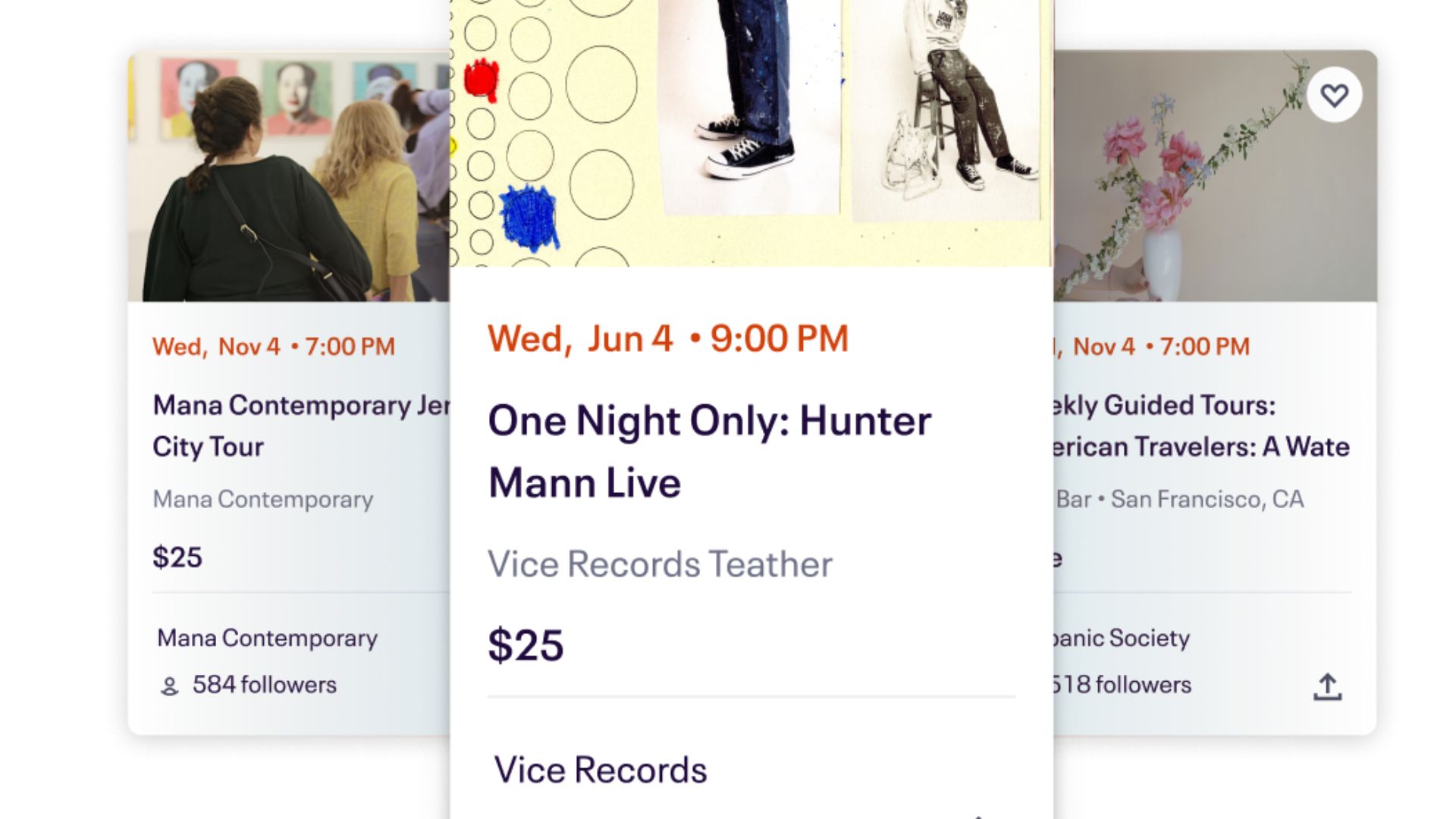
Eventbrite has rightfully earned itself a spot on global event listing domains. The interface is user-friendly, meaning you can set up your event page without much technical support. The platform handles registration, ticketing, and payment processing all in one place and spares you the hassle of managing multiple tools.
What makes Eventbrite particularly valuable is its search functionality. Researchers looking for conferences can filter by date, location, and category. This makes your event discoverable to the right people unless it’s in real life! Therefore, you do not have to lose people to the odds, at least in conference management.
2. Conference2go

Conference2Go is built specifically for academics, researchers and scientists on the lookout for international conferences, workshops and seminars. It’s not trying to be everything to everyone, and this in itself is a refreshing concept. The platform, as its name suggests, focuses almost exclusively on personalized conference alerts so researchers do not miss out on opportunities in their areas of expertise.
3. Conference Alerts

Conference Alerts specializes in publicizing academic and professional conferences and therefore does not cater to entertainment events or other community meetups of an informal nature. This platform categorizes its event listings by demographics such as subject area and country or region.
This makes Conference Alerts a simple and straightforward resource for researchers to find conferences matching their specializations, eliminating the usual back and forth. Conference Alerts stands out from its competitors for its global reach. It lists events from virtually every country and discipline imaginable.
4. All Conference Alert
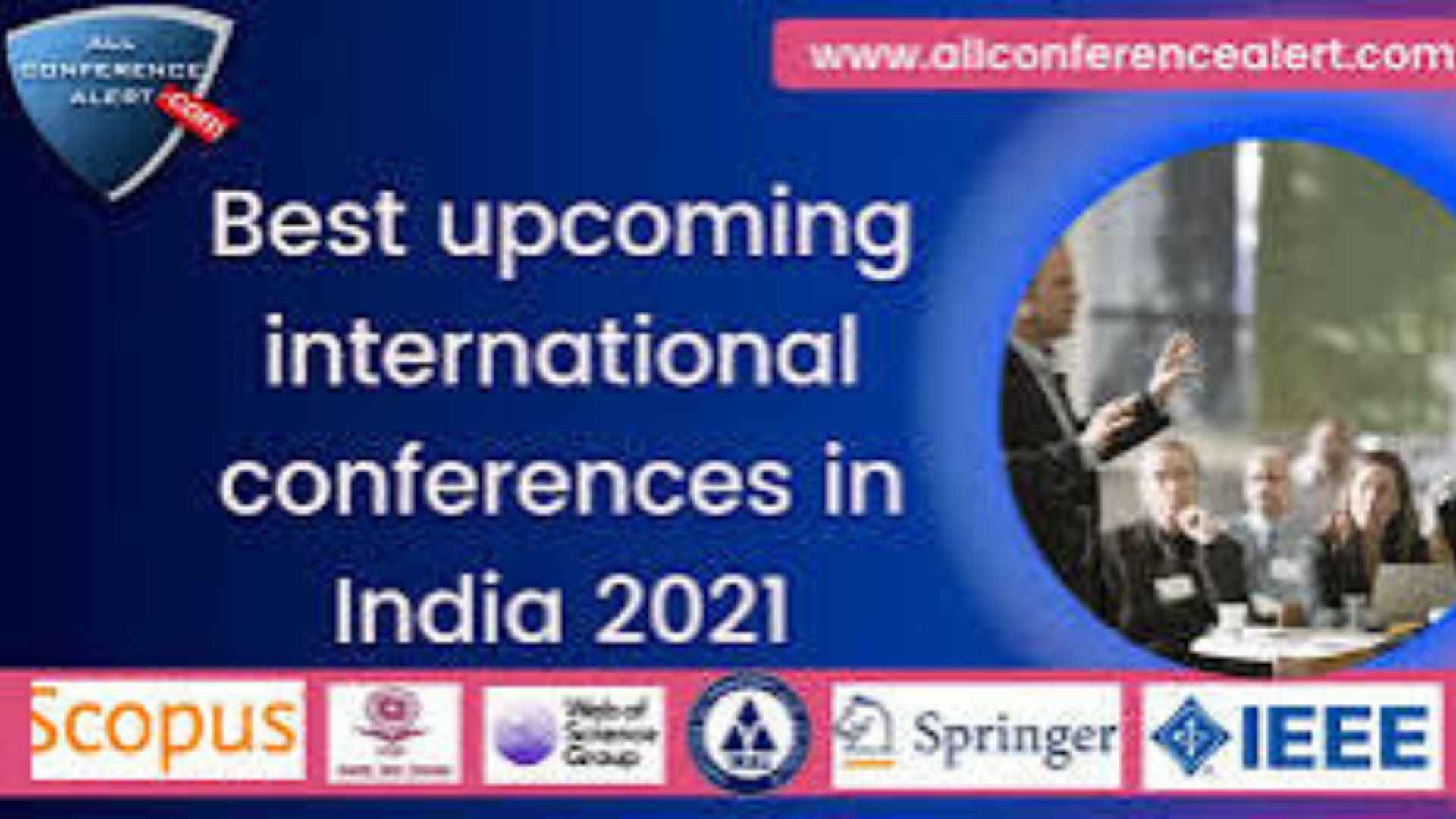
All Conference Alert maintains one of the most comprehensive databases of academic conferences out there. We’re talking about everything from medical symposiums to engineering workshops to humanities conferences. Users can search by topic, location, or date and set up alerts for conferences matching their interests.
Listing your event here puts it in front of researchers actively planning their conference calendar for the year. It’s doing incredibly well at connecting organizers with potential attendees, but like most platforms, the results vary depending on your field.
5. EventBoost by Dryfta
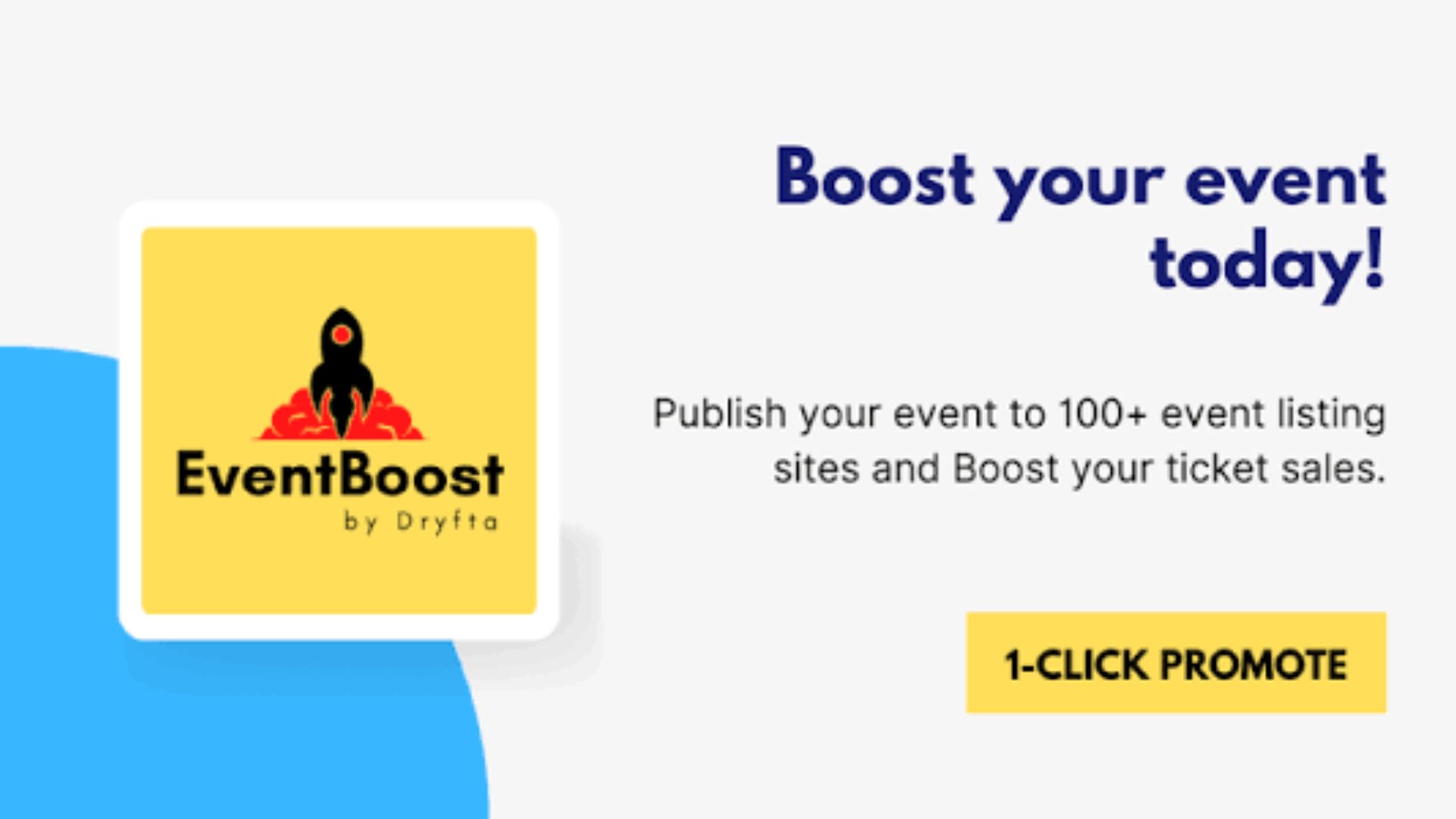
EventBoost, headlined by Dryfta, a leading academic event management platform, promises something unique and ambitious, almost too good to be true. However, herein, their offering is in fact a truthful proposition, with many event organizers trusting their tool for years.
EventBoost allows you to list your event across over 100 event listing sites and calendars with a single submission. For organizers drowning in promotional tasks, this sounds like a dream come true. If you are already an overworked event professional, signing up for EventBoost means your work on advertising and marketing your conference is a task off your plate.
6. Eventful

Eventful is often associated with entertainment events, but it also hosts educational and professional conferences. The platform has a large database of users who receive customized recommendations based on their interests. Regional and topic-specific filters help reach both local and international academic audiences. It’s not specifically built for academic events, which shows in the interface and categorization, but the user base is substantial enough to warrant some consideration for broader conferences.
7. 10Times
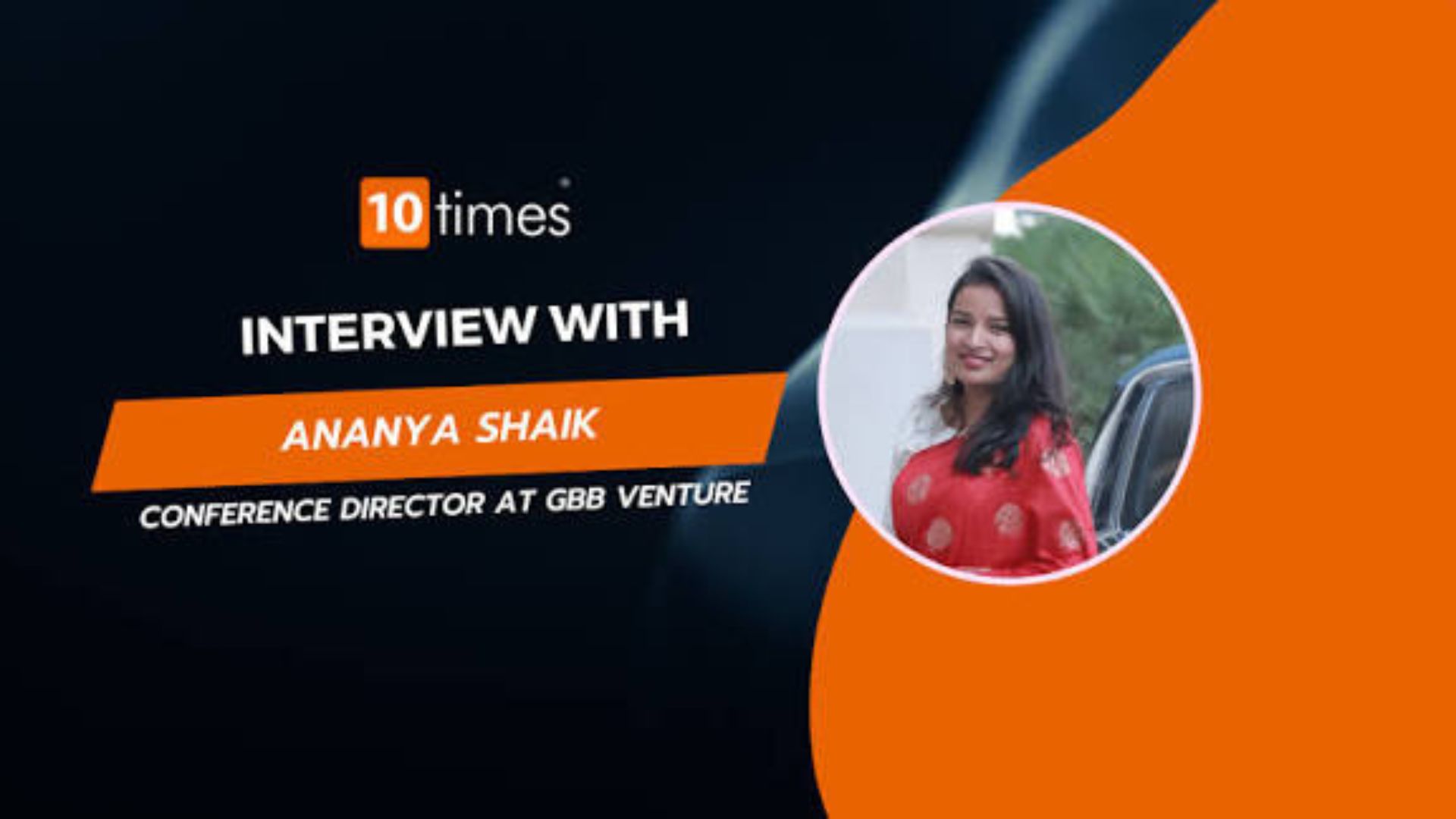
10Times started out as a trade show directory and has since grown into one of the world’s largest event listing platforms. With over 40 million users globally, its potential for exposure is significant.
Conferences promoted here get reviewed and verified, building your credibility amongst potential attendees who’ve been burnt by questionable conferences before. The gap between the platform’s reach and your actual registrations is also largely pinned on your event type and target audience. But the visibility is real, even if converting that visibility into registrations demands some effort on your part.
8. Meetup
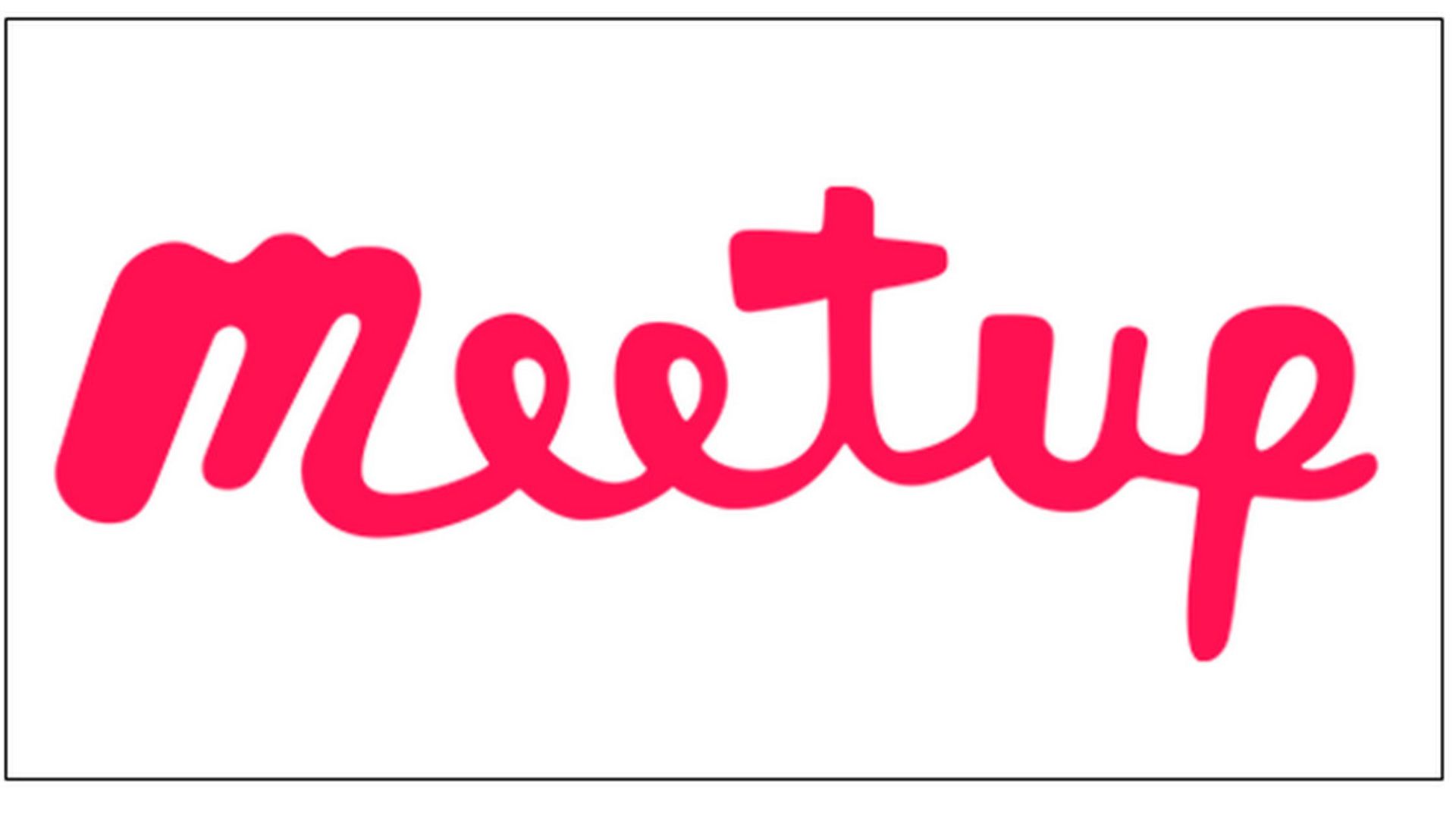
Meetup works differently from most traditional event listing platforms mentioned in this blog. This app-driven platform’s primary idea is to work with and build communities around shared interests. This makes it a platform worth pitching in for recurring academic events like journal clubs, research group meetings or monthly seminars.
Let’s get one thing straight. Meetup is far less suitable for large, one-time conferences, but for smaller, regular academic gatherings, it excels at building engaged, consistent communities. Researchers can join groups related to their interests and receive automatic notifications about upcoming meetings. The platform handles RSVPs and sends reminders, reducing no-show rates considerably.
9. Meetings International
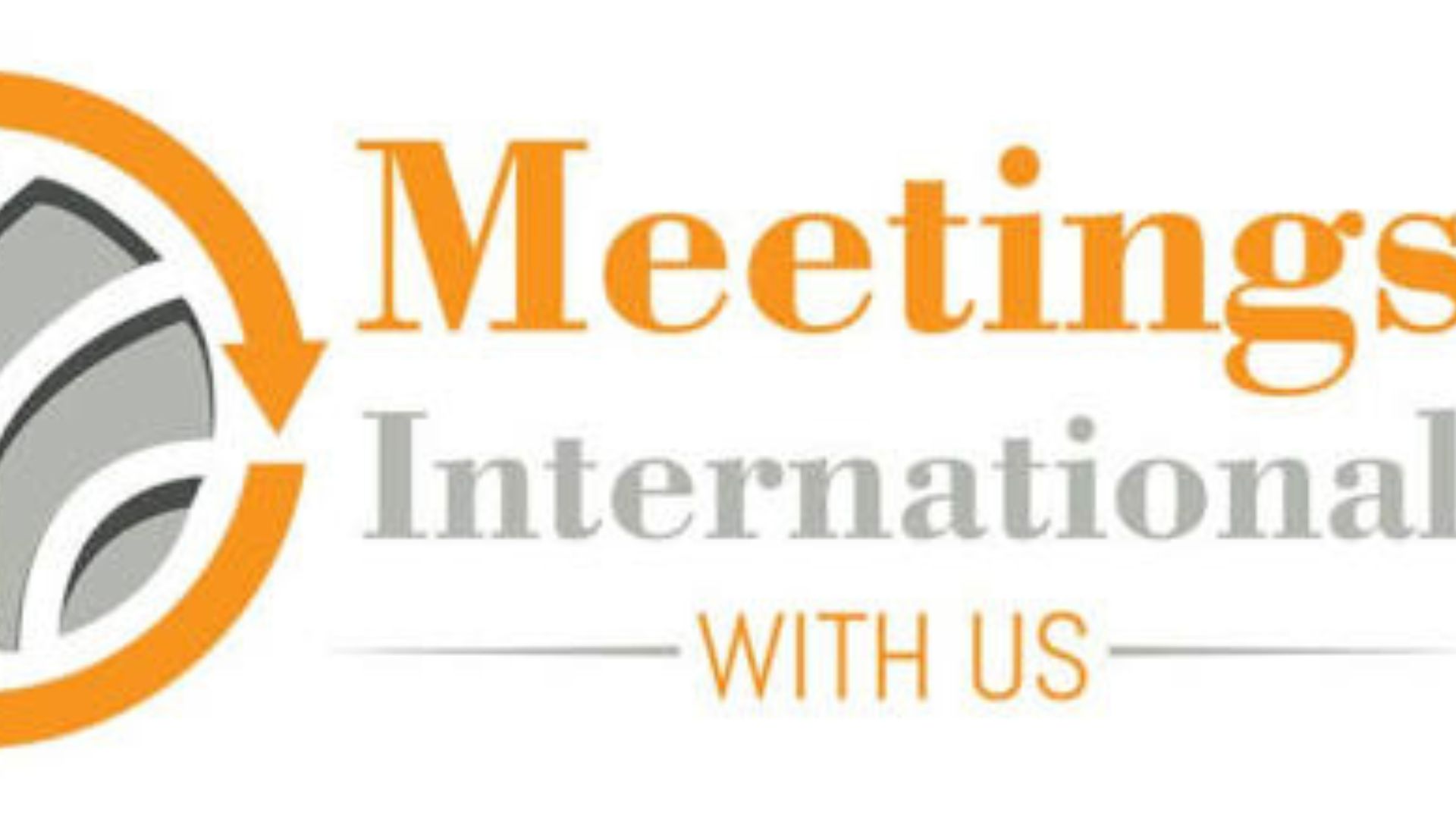
Meetings International focuses strongly on academic conferences, symposiums and professional gatherings. Organiszers can create detailed event pages, including speaker lists, committee information, sponsors and abstract submission instructions. The platform is known for comprehensive sorting by discipline.
10. Conference Monkey
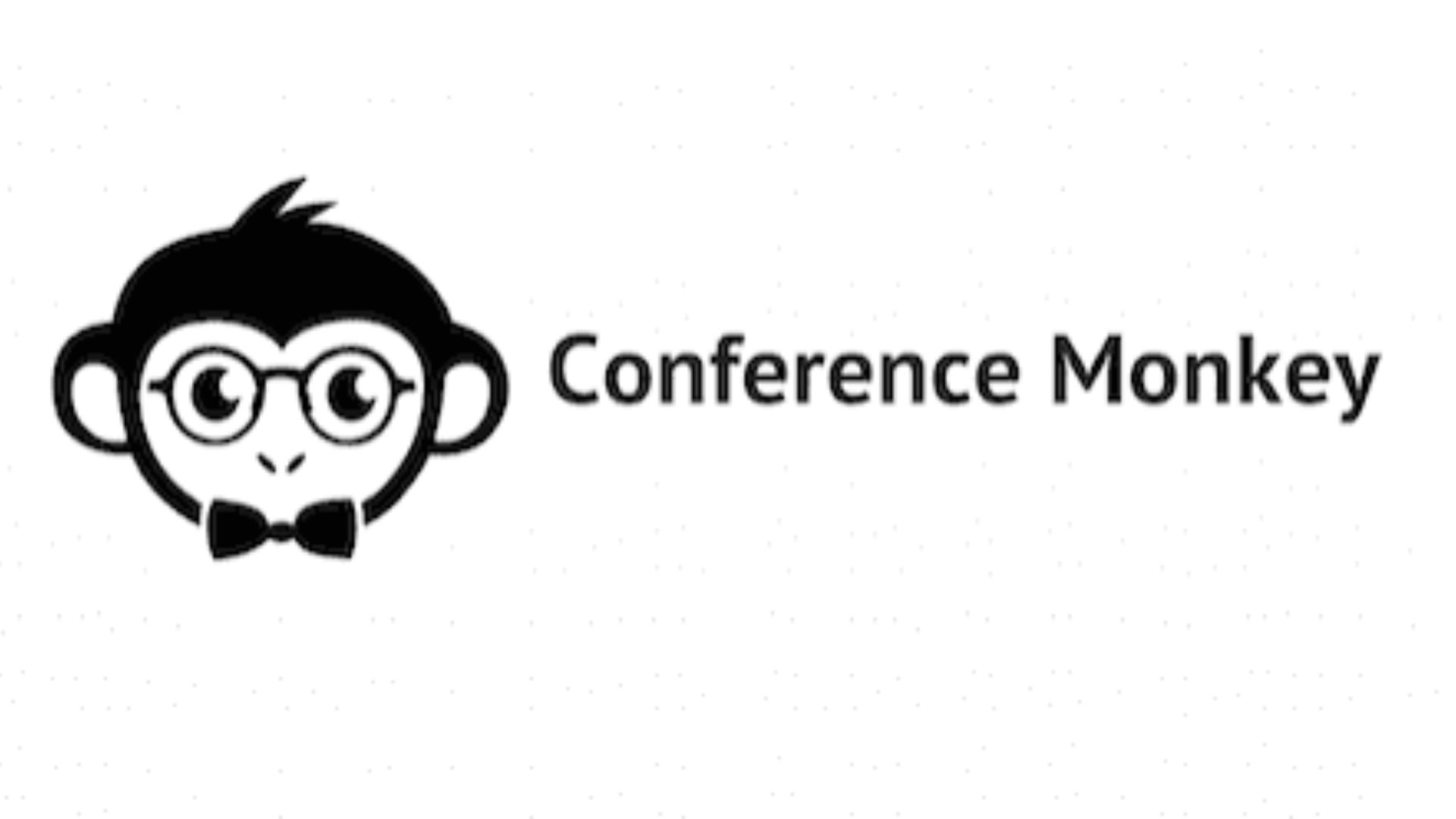
Conference Monkey caters specifically to academics and novice researchers looking to attend or present at conferences, workshops and summer schools. That’s a sweet spot for many organiszers targeting younger researchers building their CVs.
Organizers can submit events for free, with premium packages available for more prominent placement. The platform delivers what it promises for its niche; just don’t expect it to fill seats at a highly specialized senior researcher symposium.
11. Conference Connect

Conference Connect stands out by letting you sell tickets directly through the site, thereby eliminating the need for third-party platforms and extra fees. That’s a genuinely useful pitch for organizers who are watching their budgets and do not have much to spare.
The site organizes events by subject categories, including medicine, engineering, business, technology, social sciences and humanities. With a dashboard that tracks ticket sales and revenue in real time, you get a clear view of your event’s success as it grows.
12. Whova
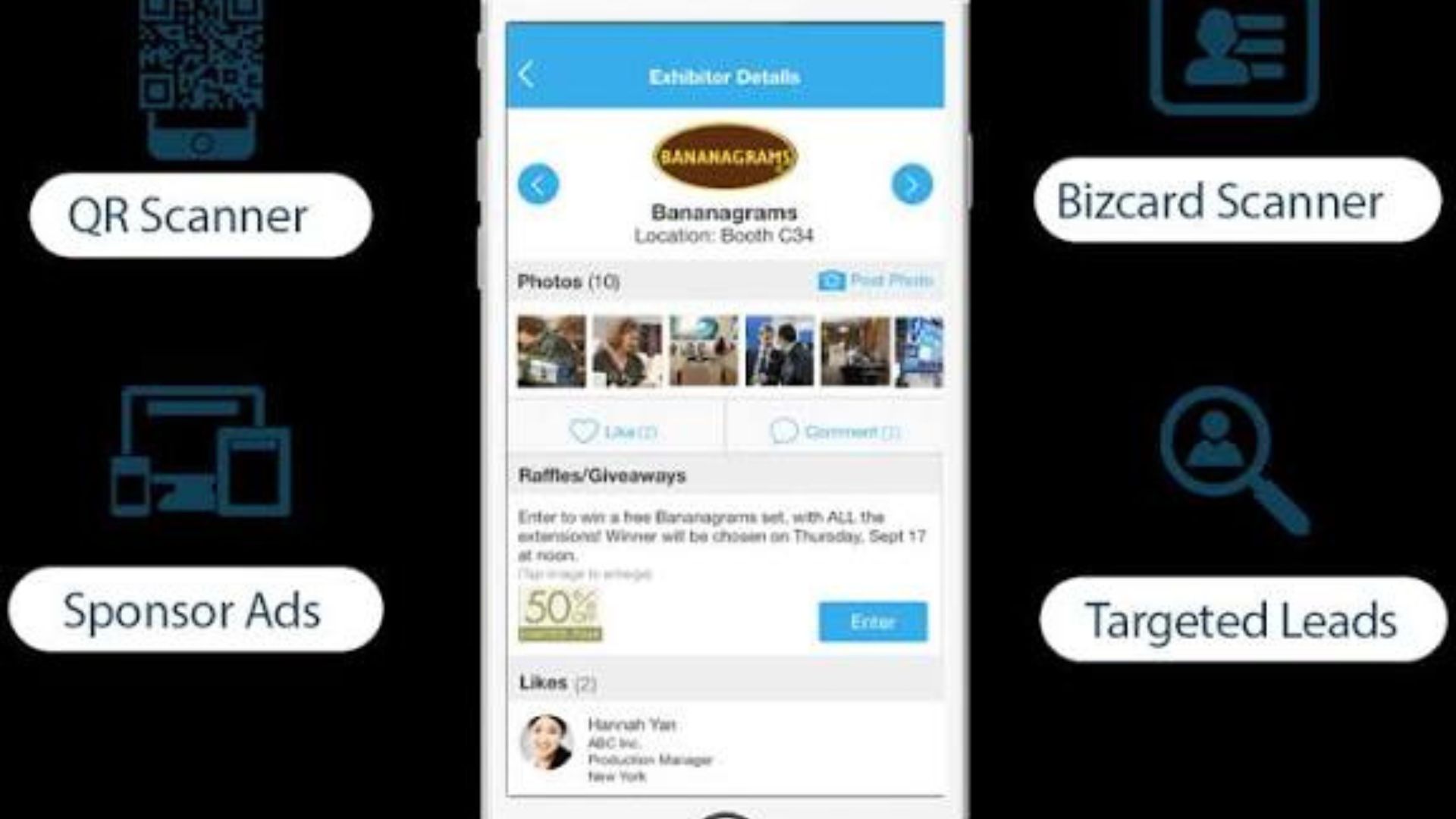
Whova is an event management platform that also hosts a dedicated event listing function on its main website. It is widely used for academic symposia, medical congresses, and research expos. The platform offers app-based networking, interactive agendas, and feedback tools that go beyond simple event listing. Organizsers benefit from increased attendee engagement through content schedules, speaker bios, and attendee management tools.
Whova also provides post-event analytics and support throughout the event lifecycle, including marketing and publicizing via its listing platform. These engagement metrics come in handy when planning future academic conferences. The investment here is higher than basic listing platforms, both in time and potentially money. But the integrated approach means you’re getting event management alongside promotion, which matters if you’re organising complex multi-day conferences.
A Reality Check in Choosing the Right Platforms
So, wrapping up, we’re back to the important question: which platforms are actually worth your time?
As much as we wish we could answer this with a resounding ‘use all of them’, the answer isn’t that simple. You don’t need to list on all 12 platforms for every event. Start by identifying where your target audience actually spends time looking for conferences.
List your event on at least three to five platforms to maximize visibility. Many offer free basic listings, so the only investment is your time. Getting platforms to work right for your event takes experimentation. What works brilliantly for one conference might fail completely for another.
Your conferences and academic events deserve audiences who appreciate the work that went into them. And one of these 12 event listing platforms can be your passageway to this.




